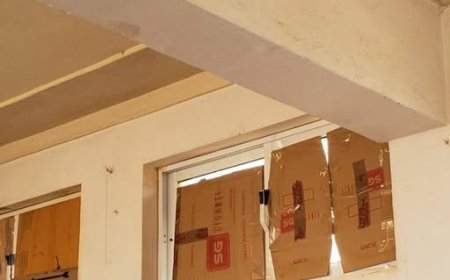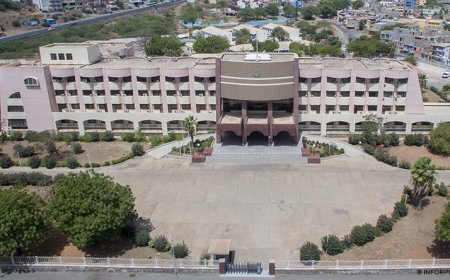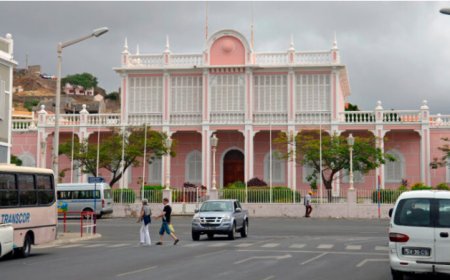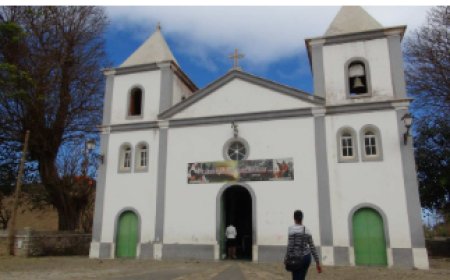Matilde tragedy: 82 years later, the memory of the missing ship lives on in Brava
Brava, August 30, 2025 - August 27 marked 82 years since one of the most mysterious and painful episodes in Cape Verde's maritime history: the disappearance of the sailing ship "Matilde", which set sail from the port of Fajã d'Água, on the island of Brava, for the United States of America, but never reached its destination. On board were 53 people, including crew and passengers, who were lost forever in the Atlantic
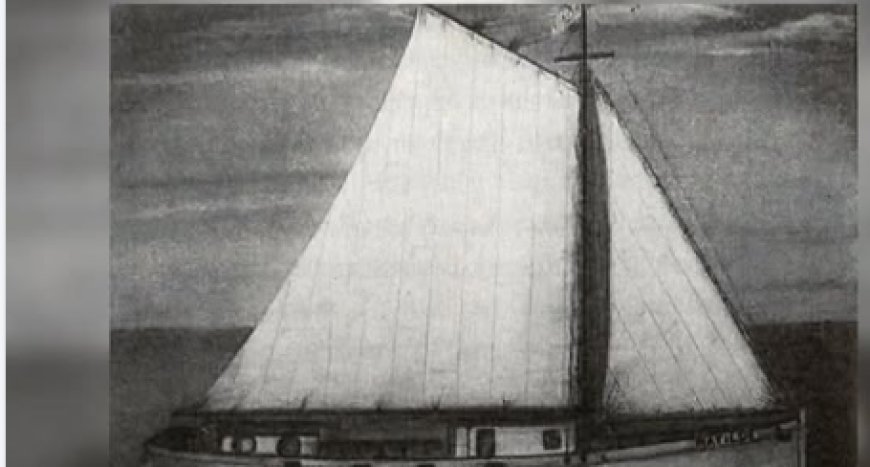
The Matilde set sail on August 27, 1943, in the midst of World War II, at a time when many Cape Verdeans were crossing the ocean in search of better living conditions in America, especially in cities like Providence, New Bedford and Pawtucket, where there were already consolidated emigrant communities.
Despite the hope that the voyage represented for dozens of families, the ship and everyone on it disappeared without a trace. No distress message has been recorded, no wreckage has been recovered, and no definitive explanation has been given as to what happened. The Atlantic has kept its secret.
The disappearance of the Matilde left deep scars on the island of Brava, particularly in Fajã d'Água, where the ship departed from. Many families lost relatives and never had the chance to have a proper funeral, living forever in uncertainty.
"It was a blow that tore the Bravense community apart. To this day, many houses still remember someone who left on that trip and never came back," say historians.
Among the descendants, the pain has been transformed into memory. Maria Lopes, the granddaughter of a passenger on the Matilde, recalls the story she heard as a child:
"My grandmother waited for years for news. She went to sleep every night believing that someone would knock on the door to say that the ship had been sighted. But nothing came. To this day, our family holds a void that has never been filled."
In the Cape Verdean diaspora in the United States, where many eagerly awaited the arrival of family members, the memory still echoes. José Andrade, who lives in Pawtucket and is the son of emigrants from Brava, believes that the Matilde tragedy symbolizes the risks of Cape Verdean emigration:
"Those who died at sea were pioneers, dreaming of a better life for their children and grandchildren. Many of us who live in America today are here because others risked everything. The Matilde is an open wound, but also a symbol of our collective courage."
Also in Providence, the community symbolically organizes small vigils in memory of the victims. Candles are lit, stories are shared and new generations are reminded of the importance of not letting the memory fade away.
The voyage of the Matilde took place during a particularly risky period. The Atlantic was under close surveillance due to the war, with German submarines prowling the shipping lanes. Although there is no concrete evidence, some researchers believe that the sailing ship may have been the victim of wartime attacks or simply succumbed to extreme weather conditions.
Others maintain that the overloading and fragility of the sailing boats used at that time for long crossings could have contributed to the tragic outcome.
In Brava, especially in Fajã d'Água, the names of relatives who left on the Matilde are still remembered today. It's a memory passed down from generation to generation, where sorrow is mixed with pride.
"Remembering the Matilde is also remembering that our diaspora was built with sacrifices and lives lost at sea. They are martyrs of our people," says António da Veiga, a professor and researcher of Cape Verdean history.
The disappearance of the Matilde remains unanswered, but it lives on in the collective memory as one of the greatest maritime tragedies in Cape Verdean history.




















